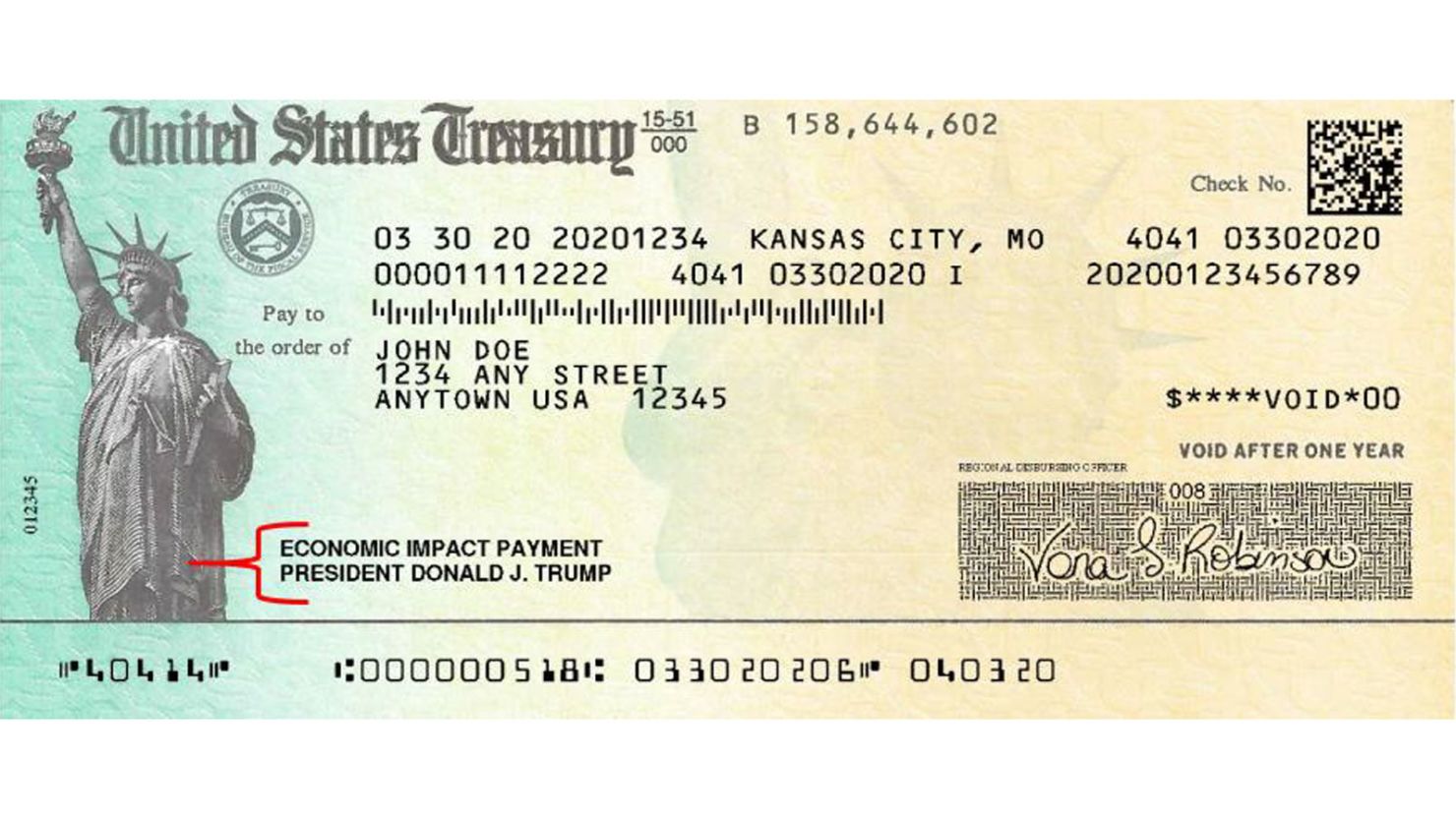Stimulus checks, formally called Economic Impact Payments (EIPs), provided crucial financial support during the COVID-19 pandemic. However, not everyone qualified for these payments. Immigrants, particularly those without proper documentation, faced significant challenges in receiving this aid due to strict eligibility criteria.
Who Qualified for Stimulus Payments?
To receive a stimulus check, individuals had to meet specific requirements:
- Social Security Number (SSN): A valid SSN was essential. This automatically excluded many undocumented immigrants, as they typically don’t have SSNs. Some exceptions applied for individuals whose SSNs were marked as “authorized to work with DHS authorization only.”
- Income Limits: Eligibility was also based on income. Payments started to phase out for those earning over $75,000 as single filers, $112,500 for head-of-household filers, or $150,000 for joint filers.
Immigrant Groups Affected
- Undocumented Immigrants: Those without SSNs were ineligible for stimulus checks, even if they paid taxes using an Individual Taxpayer Identification Number (ITIN).
- Mixed-Status Families: Initially, households with one spouse holding an SSN and the other not were excluded from payments. Later, new laws fixed this gap, allowing mixed-status families to receive aid retroactively.
- Resident Aliens and Visa Holders: Individuals considered “resident aliens” for tax purposes—like those with valid work visas—qualified if they had SSNs and met income requirements.
Did Stimulus Checks Impact Immigration Status?
One key concern for immigrants was whether accepting a stimulus payment would affect their immigration applications. Thankfully, it did not. The payments were classified as tax credits and did not count under the “public charge” rule, which determines eligibility for permanent residency.
What’s Next?
While stimulus payments helped millions of Americans, the exclusion of many immigrants sparked calls for policy changes. Advocacy groups continue to push for more inclusive financial relief programs in the future.




